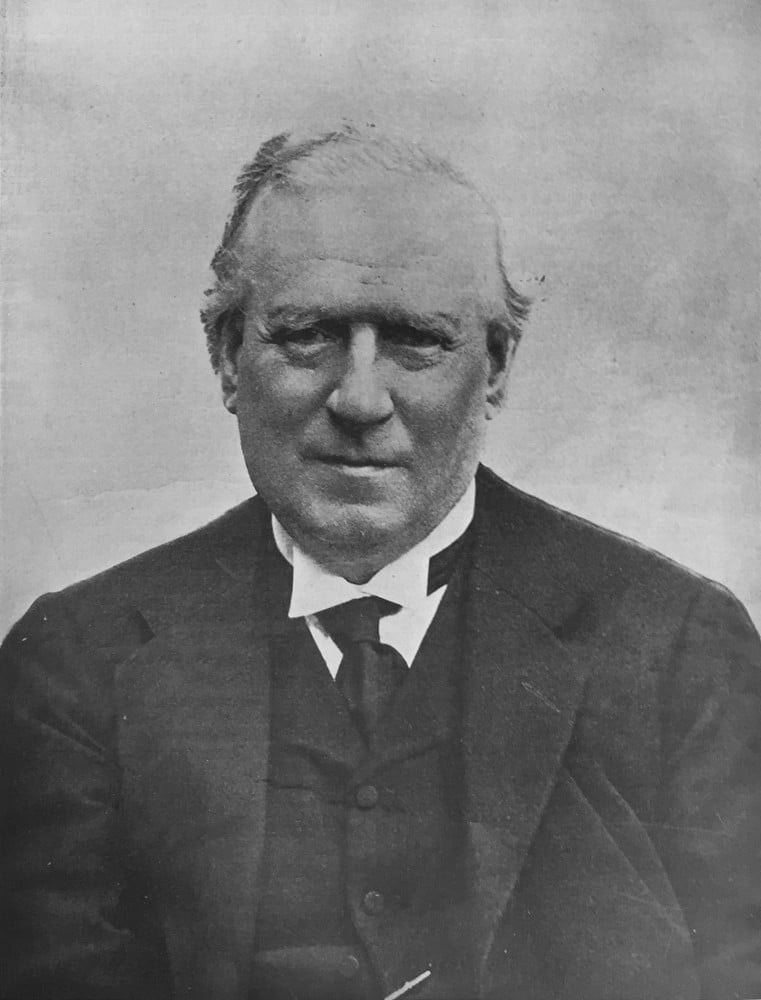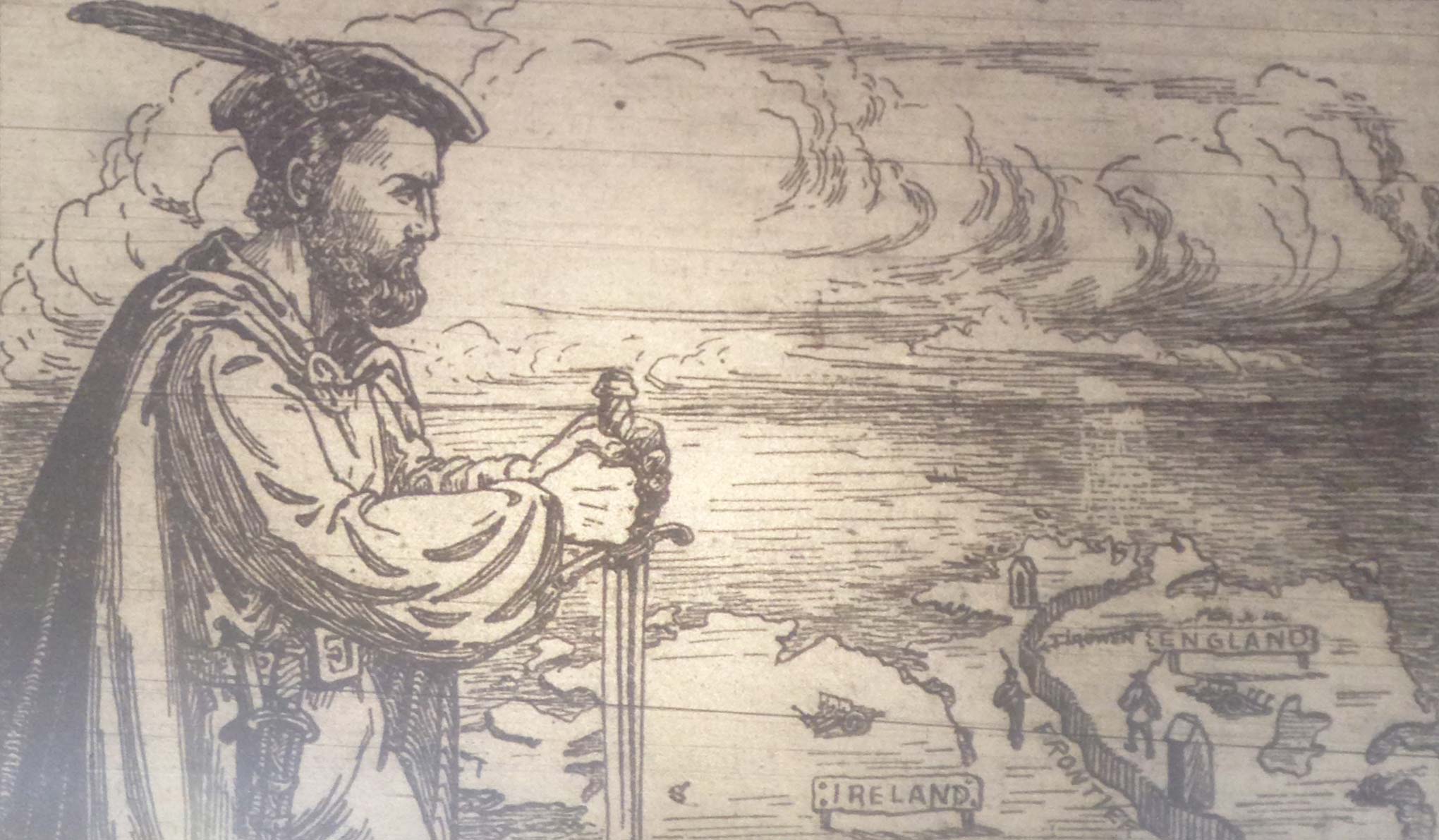Ireland to be partitioned by British government
Westminster, 15 July 1916 - Ireland is to be partitioned as part of a new Home Rule settlement being proposed by the British Prime Minister, Herbert Asquith in the House of Commons this week.
Negotiations led by the cabinet minister David Lloyd George and attended by Sir Edward Carson, the Unionist leader in Ireland, and John Redmond, the leader of the Irish Parliamentary Party, had led to this new initiative.
The fundamentals of the proposal are that a Home Rule parliament is to be established in Dublin, but six north-eastern counties – Antrim, Down, Tyrone, Armagh, Fermanagh and Derry – will be excluded from the arrangement and will remain under the direct control of London.
This settlement would remain in place for the war and for a period of 12 months after the war ends.

Prime Minister Herbert Asquith says he is anxious for a united Ireland. (Image: Irish Life, Vol 17, 19 May 1916. Full collection available in the National Library of Ireland)
If no further and permanent solution for the government of Ireland is made in that time, its operation can be extended by order. Mr Asquith told the House of Commons:
‘Speaking for those who, like myself, look forward to and are anxious for a united Ireland, we recognise and agree in the fullest and sincerest sense that such a union could never be brought about without the free will and assent of the excluded areas.’
What the papers are saying
The reaction across Ireland has been one of absolute dismay.
The Irish Independent derided the proposals as an
‘insult to Ireland’, while the
Irish Times complained that the whole event was one of
‘secrecy and furtiveness.’
The regional press was equally appalled at the proposals, while nationalists across Ireland held meetings in protest.
The Irish Nation has accused Redmond and the 'Imperial Irish Party' of attempting to sell 'the birthright of the Irish people'.
'Nationalists and such misguided folk might think that the Leader of the Irish people was exclusively concerned with Ireland’s interests. Never was there such an under-rating of the man’s aims. Mr Redmond has for a number of years past been concerned for the advancement of England’s interests. Ireland does not count, unless indeed on the principle that the greater includes the less.'
There was almost universal derision at Asquith’s claim that the exclusion of six counties would be ‘temporary’.
[Editor's note: This is an article from Century Ireland, a fortnightly online newspaper, written from the perspective of a journalist 100 years ago, based on news reports of the time.]





















